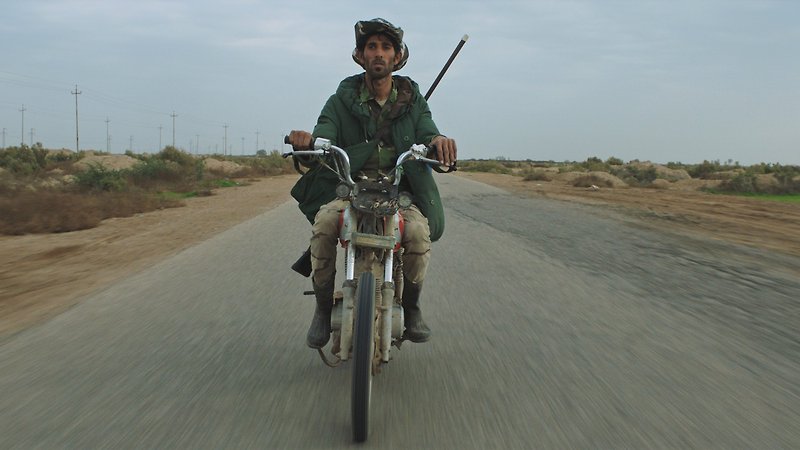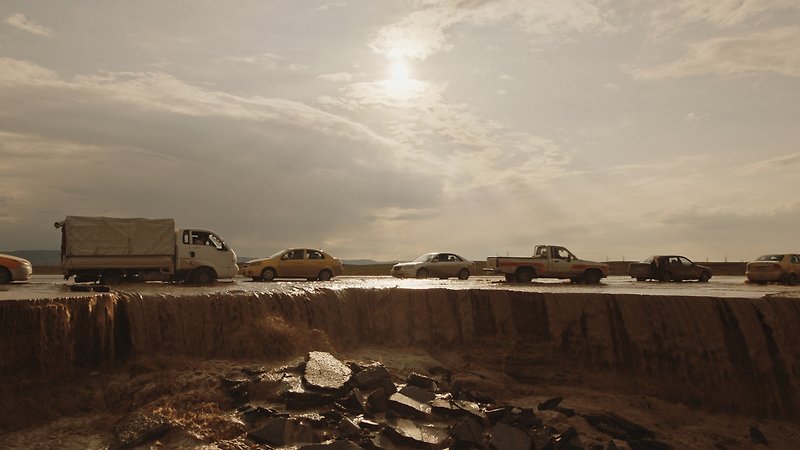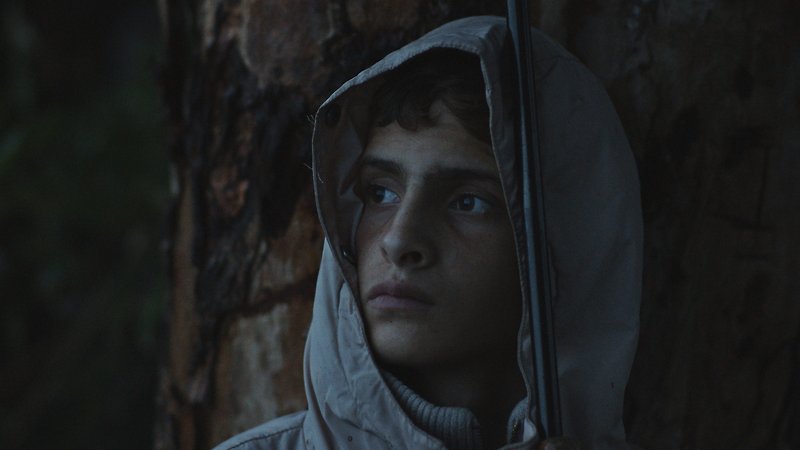Gianfranco Rosi’s visually stunning portrait of ordinary people living in the warzones of the Middle East is the kind of sensory experience that demands the immersion of a darkened movie theatre.



Gianfranco Rosi’s… beautifully shot documentary movingly observes people and places across Syria, Iraq, Lebanon and Kurdistan in the aftermath of war.
Screened as part of NZIFF 2021
Notturno 2020
| Nov 05 |
| ||
| Nov 07 | | ||
| Nov 16 |
| ||
| Nov 21 | |
Notturno is the kind of sensory experience that demands the immersion of a darkened movie theatre. The great documentary filmmaker Gianfranco Rosi turns his eye to the warzones of the Middle East, capturing them as sparse, spectacular widescreen landscapes, richly detailed domestic interiors and sobering personal vignettes.
The film adopts a fresco approach, accumulating resonance by moving back and forth between a series of micro-narratives focusing on the everyday lives of people impacted by war: a child hunts birds in a thunderstorm; a team of female soldiers conduct night raids on buildings they hope have been abandoned; patients in an asylum rehearse a patriotic political drama. At the film’s emotional heart, orphans draw for their therapist images of their horrific treatment by ISIS. There are other moments of heightened drama in the film, but Rosi doesn’t exploit them for sentimental effect, giving them a similar weight to scenes simply observing a routine mealtime or a mysterious twilight journey by canoe.
Rosi shot Notturno over the course of three years in Syria, Iraq, Kurdistan and Lebanon. Like his previous film, Fire at Sea (NZIFF 2016), which looked at the impact of the refugee crisis on the small Sicilian island of Lampedusa, Notturno tackles thorny geopolitical issues obliquely, by documenting the impact of catastrophic international events on the lives of ordinary people. In doing so, he fashions a war movie where the war is off-screen, and the resilience of its victims front and centre. — Andrew Langridge